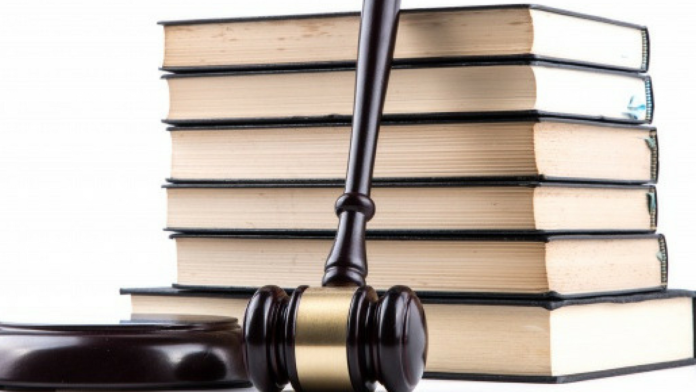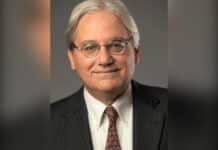ST. PAUL, Minn.- The Minnesota Supreme Court in a recent decision ruled that part of a Minnesota law that allows compensation for the wrongfully convicted is unconstitutional.
The issue was presented to the court through the case of Danna Rochelle Back, who had spent more than two years in prison for a second degree manslaughter charge, which would later be overturned by the court. After several years, following the passage of the exoneration-compensation statute, Back filed a petition seeking remuneration. The state opposed Back’s claims for remuneration, as the prosecutor never dismissed the second degree manslaughter charge, essentially meaning that Back would not meet the standard of being ‘exonerated.’
Ambiguity on ‘exonerated’ would become the primary focus of the preceding court cases, as well as whether or not the requirements of the compensation law stood up to the requirements of the Equal Protection Clause of Fourteenth Amendment.
It was determined by the Supreme Court that the requirement in question did not actually stand up to the Equal Protection Clause, as it required something that was legally impossible, in that once a court case is dropped by the court, a prosecutor would not also be able to drop the case. However, in deeming this one necessary part of the law unconstitutional, it made the entire subsection unconstitutional, meaning that anyone whose court case was later overturned would no longer be eligible for compensation. Furthermore, the judges felt that it was beyond the power of the judicial branch to make substantive changes to the law, requiring the legislature instead to make these changes.
Justice David Lillehaug disagreed with these findings.
“Innocent persons exonerated by dismissal of the charges or the verdict at a new trial are still welcome to participate in the compensation process. But innocent persons whose judgments of conviction have been reversed by the courts are shut out,” Lillehaug said. “This distinction is utterly irrational.”
Lillehaug felt the court’s decision actually created a more serious violation of the 14th Amendment than the violation they were trying to remedy.
The law was sponsored by Rep. John Lesch, who told the Pioneer Press that he thinks the law can be amended to meet the court’s requirements.











